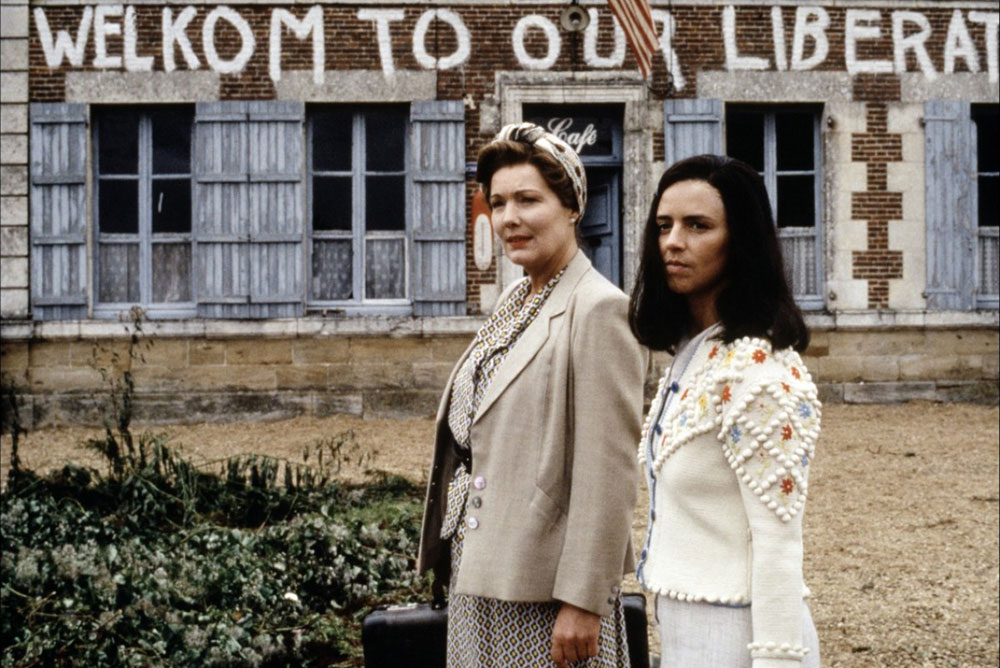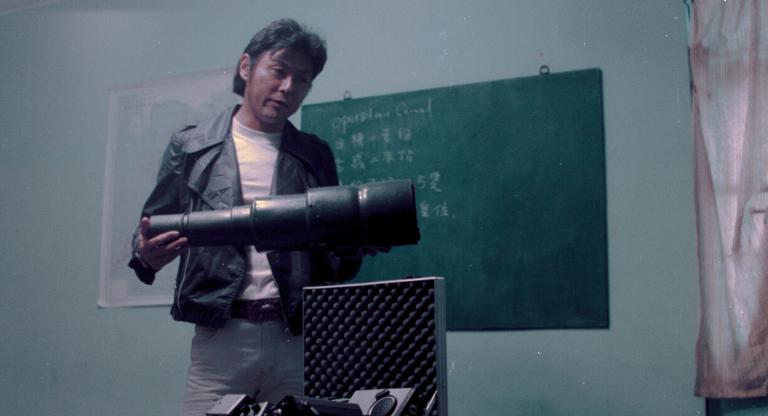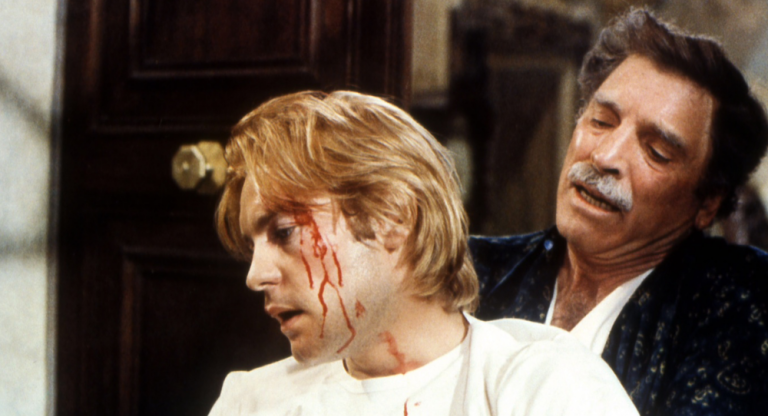Films from the 1990s provided us with several fraught depictions of motherhood. Some were hysterical (American Beauty, 1999), some elitist (Titanic, 1997), others inappropriately horny (American Pie, 1999), and a few were dead (Clueless, 1995). Marlene Gorris counters these repellant views of maternity with Antonia’s Line (1995), a film that is simultaneously a celebration of life and a feminist fairytale that asks the question: what if motherhood wasn’t a stereotypical burden, but a source of self-determination?
Beginning and ending on the last day of Antonia’s life, the film spends most of its time with its protagonist as she reflects upon her life through flashbacks. We watch as she and her teenage daughter Danielle return to her hometown, a pastoral Dutch village, after World War II. “Welcome to our Liberators!” is graffitied over several buildings. It’s a message meant for the Allied troops, but Antonia is the one who provides salvation throughout the film. She leads by example, quickly decentering heterosexual romance and patriarchal institutions from her life. She rejects off-putting marriage proposals with eligible men and walks out of Church mid-sermon after the town priest slut-shames her daughter for being unmarried and pregnant.
By applying her feminist principles, Antonia creates a community on the outskirts of town that resembles the Island of Misfit Toys. Village outcasts Loony Lips and DeeDee gravitate toward Antonia because she offers them refuge on her family farm after they both experience bouts of extreme violence. DeeDee is repeatedly raped by her brother, Pitte, while Loony Lips is bullied for his lanky, clown-like appearance. Violent events like these were normalized throughout Occupied Europe during World War II, but Antonia and her disciples do not stand for any violence that further disenfranchises the weak, a theme that Gorris explores throughout the film. This is why Danielle launches a pitchfork at Pitte’s balls after witnessing DeeDee’s rape. This castration effectively sets the tone for the rest of the film: you reap what you sow, but of course, there are repercussions, especially for women.
Antonia’s Line works as a fairy tale because its characters move freely between Antonia’s idyllic farm and the familiar outside world that most people exist in. Juxtaposition is necessary for the utopian aspect of the film to come through. Patriarchy, in all its forms, is processed and rejected, not just so that we can appreciate the beauty of Antonia’s matriarchal world, which grows generationally through bloodlines and othermothering, but because it encourages autonomy.
Antonia’s Line screens tonight, May 7, at Nitehawk Cinema Prospect Park on 35mm as part of the series “Misfit Alley.”



